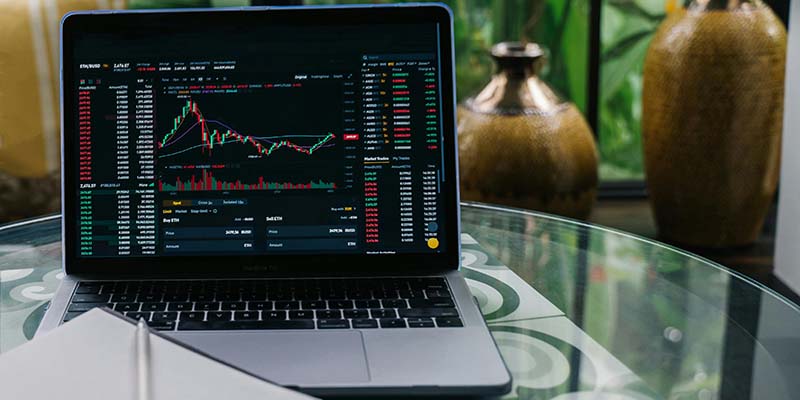Personal Finance & Global Economics: Adapting to Changes

Navigating Market Volatility: Strategies for Staying Calm and Informed
December 27, 2023
Tax Planning Tips: Strategies for Key Investment & Savings
January 25, 2024In today’s interconnected world, the state of global economics plays a pivotal role in shaping personal finance. From market fluctuations to international trade policies, various global events and trends can significantly impact individual financial planning. This article explores how these global phenomena affect personal finance and offers insights on navigating these challenges effectively.
Decoding the Global Economic Landscape
It’s essential to decode the global economic landscape to understand the impact on personal finance, including major economic indicators such as GDP growth, inflation, and interest rates. For instance, a rise in inflation in a major economy can lead to increased interest rates, affecting loan and mortgage rates worldwide. Understanding these indicators helps make informed investment, savings, and borrowing decisions.
The Ripple Effect of International Trade on Personal Finance
International trade policies and agreements can have a profound impact on personal finance. Tariffs, trade wars, and sanctions can influence the cost of goods and commodities, affecting household budgets. For example, increasing tariffs on imported goods can lead to higher prices for these goods in domestic markets, impacting consumer spending and savings.
Currency Fluctuations and Overseas Investments
Currency fluctuations are a critical aspect of global economics that directly impacts personal finance, especially for those who invest in foreign markets or have assets in different currencies. A strong domestic currency might make foreign investments more attractive, while a weak currency can increase the cost of foreign debt. Understanding currency trends is vital for anyone involved in overseas investments or transactions.
Impact of Global Political Events on Personal Financial Security
Global political events like elections, policy changes, or geopolitical tensions can create market volatility. Such volatility can affect stock markets, pensions, and other investments. Individuals must monitor these events and understand their potential impact on their personal finances. Diversifying investments and maintaining a balanced portfolio can mitigate these risks.
Adapting Personal Finance Strategies in a Global Context
Adapting personal finance strategies is vital in response to the dynamic global economic landscape. This might include diversifying investment portfolios to include international assets, hedging against currency risk, or revising savings plans to account for global economic uncertainties. Staying informed and flexible in financial planning is critical to navigating these global economic influences.
The Role of Technology in Personal Finance Amidst Global Economic Changes
Technology plays a transformative role in personal finance amidst global economic changes. The rise of fintech, digital currencies, and online investment platforms has opened new avenues for managing personal finances globally. These technologies provide tools to track global economic trends, make informed investment decisions, and manage financial assets more effectively.
Preparing for the Future: Personal Finance in a Changing Global Economy
Looking ahead and preparing for the future is crucial in personal finance. This involves staying informed about global economic trends and planning for potential scenarios such as economic downturns or currency crises. Building an emergency fund, investing in stable and diverse assets, and regularly reviewing and adjusting financial plans can help individuals stay resilient in a changing global economy.
The impact of global economics on personal finance is profound and multifaceted. By understanding how global events and trends influence personal financial decisions, individuals can better prepare and adapt their financial strategies to navigate these challenges. In an increasingly interconnected world, staying informed and proactive is essential for achieving monetary stability and success.
Ready to take control of your financial future? Stay ahead of global economic trends and refine your personal finance strategies. Contact us today to meet with a Vega Financial Advisor.




